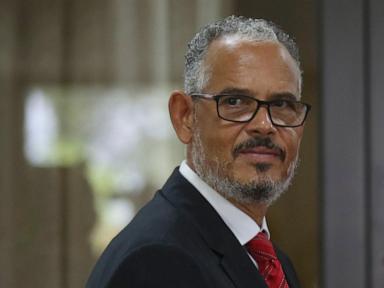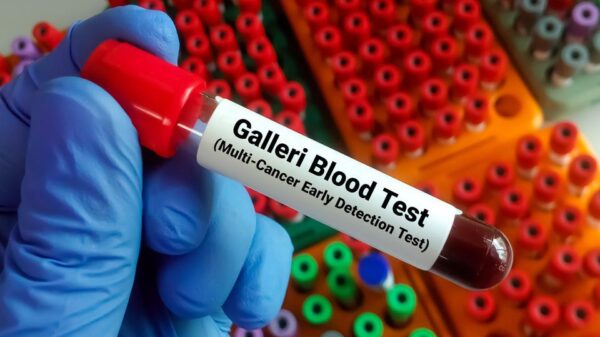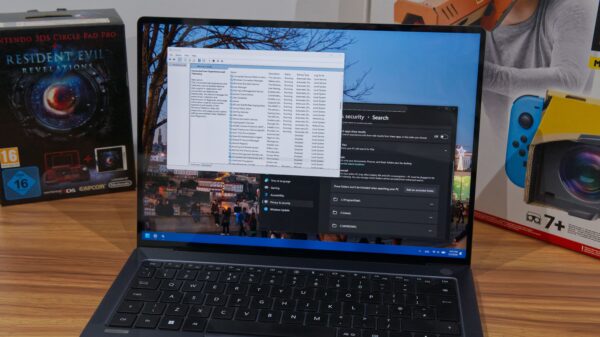Research conducted by scientists has revealed that engaging with news on social media platforms significantly improves users’ knowledge of current affairs and their ability to discern between true and false information. The study, published in the journal Nature Human Behaviour, involved 3,395 participants from France and Germany, who were examined over a two-week period.
The experiment involved participants randomly assigned to either follow news accounts or non-news accounts on platforms such as Instagram and WhatsApp. The findings indicated that those who followed news organizations demonstrated a notable increase in their understanding of current events, trust in news sources, and capability to identify fake news. Specifically, participants who engaged with two or more news channels during the study reported greater confidence in their ability to differentiate between legitimate news and misinformation.
Social media use has become deeply embedded in daily life, with users spending an average of 2 hours and 21 minutes per day on various platforms. This represents approximately 14% of their waking hours. As traditional news consumption declines, the shift towards social media for information raises important questions about the quality and reliability of news being absorbed.
Research Methodology and Findings
The study was structured into two waves, with participants maintaining their news-following habits for 14 days. The researchers collected data on participants’ knowledge of current affairs, their beliefs regarding the authenticity of news stories, and their levels of trust in journalists. Results showed that the treatment group, which followed news accounts, became more informed and reported increased trust in news sources compared to the control group.
Despite these positive outcomes, the intervention did not significantly change how informed participants felt or their overall interest in news and political matters. This suggests that while engagement with credible news sources can enhance knowledge and discernment, it may not necessarily alter personal perceptions of interest in these topics.
The Role of Digital Media Literacy
The implications of this research extend beyond understanding current events. As misinformation continues to proliferate on social media, the need for digital media literacy becomes increasingly critical. The study emphasizes the importance of fostering an environment where users can engage with reliable news content effectively.
Researchers advocate for future studies to explore methods for incentivizing users to interact with credible news sources on social media platforms. By increasing exposure to trustworthy information, society can work towards mitigating the adverse effects of misinformation and enhancing the overall quality of public discourse.
The findings underline the dual nature of social media as both a potential source of misinformation and an avenue for improving public knowledge. As social media remains a staple in the digital landscape, understanding how to navigate this space responsibly is essential for cultivating an informed citizenry.
This article is based on the research conducted by Sacha Altay and colleagues, as published in Nature Human Behaviour in 2025. The study highlights the critical balance between the risks and rewards of news consumption in the digital age.








































































